Blood donation is lifesaving in case of trauma, surgeries and other conditions. People who donate blood are carefully tested and selected and donating blood has no side effects for healthy individuals. Some fatigue, light headedness and very rarely fainting or loss of consciousness can occur after donating blood but these effects can be minimized by eating the right food after donating blood.
What to Eat After Blood Test and Donation
If you are thinking about donating blood you need to know what to eat after blood loss to replenish the body stores and to restore the lost volume of blood quickly. Make sure to eat the flowing foods to avoid any side effects.
1. Iron-Rich Foods
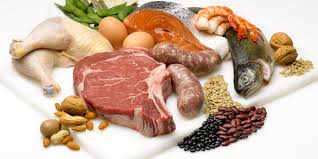
Iron is an essential part of hemoglobin and it is extremely important for healthy red blood cells and to carry oxygen to the tissues. After blood test and donation the body needs new red blood cells and for the production of these, eating iron rich foods is necessary. Red meat, spinach, poultry, nuts, fish and beans are good sources of iron. Many cereals have extra iron added to them and make sure to select the options which are fortified with iron. For better iron absorption eat vitamin C along.
2. Foods Containing Folate
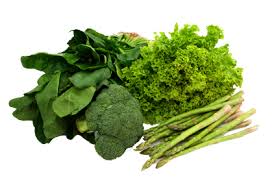
Folic acid is required by the body to manufacture healthy red blood cells. Green leafy vegetables like spinach, kale and asparagus are very good sources of folic acid. It is also found in abundance in liver, beans and orange juice. Many breads and cereals are fortified with folate and folic acid. If you are making a list of what to eat after blood test and donation, make sure that you include these folic acid rich foods in that list.
3. Foods with Riboflavin
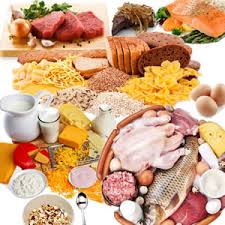
B2 or riboflavin is an important vitamin and it is required for red cell production. It helps to convert carbohydrates into energy and this is very helpful to fight with the lethargy or lack of energy which can follow after losing blood during blood test and donation. Consuming adequate amounts of riboflavin will energize you. Milk, yogurt, spinach, nuts, poultry, eggs, leafy green vegetables and fortified cereals are excellent sources of riboflavin.
4. Vitamin B-6 Foods
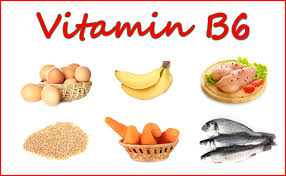
Vitamin B 6 is another vitamin necessary to take after blood donation. It is essential for the breakdown of proteins and many nutrients needed for red cell production come from these proteins. Don’t forget to eat vitamin B 6 rich foods like fish, red meat, bananas, potatoes and spinach after blood donation.
5. Fluids
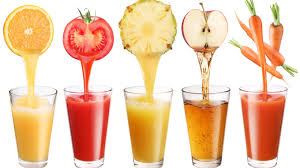
Now you have a fair idea about what to eat after blood test and donation, make sure that you drink enough liquids as well. It is extremely important to keep yourself well hydrated to avoid any fainting spells and it is essential to drink plenty of liquids before and after donating blood. Stay away from alcohol for a day or two and add at least four cups of water to the amount of fluids you normally drink.
6. Foods Rich in Vitamin C
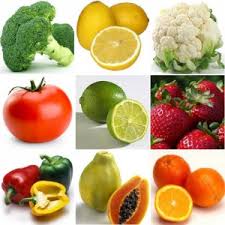
Vitamin C helps in iron absorption. You can add vitamin C rich foods like orange juice, lemons, papayas, strawberries, broccoli, tomatoes and bell peppers to your diet for better iron absorption resulting in a faster rate of red cell production.
7. Others
- Have plenty of vitamin E rich foods. Vitamin E is a strong antioxidant and is essential for red cell production.
- It is essential to eat proteins because proteins are an essential component of hemoglobin structure. Fish, meat and eggs are good sources of protein.
- Hemoglobin resembles with chlorophyll in structure and wheatgrass is rich in chlorophyll. You can include it in your diet for better red cell production.
- There is volume depletion following blood donation and to replace it, fluids are recommended. Coconut water is an ideal choice to replace the lost volume. It is rich in nutrients and minerals like potassium.
- Eat lots of fresh fruit and vegetables for adequate supply of vitamins and minerals.
Tips for Better Recovery After Blood Donation
You can experience some dizziness and weakness following blood donation. In order to avoid these follow some simple tips and keep in mind about what to eat after blood test and donation for a faster recovery.
- Avoid lifting any heavy weights or doing any strenuous exercises for a few days following blood donation.
- Have plenty of rest to avoid any tiredness or fatigue.
- Have a good night sleep before going for a blood donation and make sure you get enough sleep following a blood donation.
- Wear comfortable clothes when you go to donate blood. Wear something with short sleeves or make sure your sleeves are loose enough to be rolled.
- Be patient and do not rush. Try to stay calm. You can feel anxious and sick after donating blood but this is natural and the feeling will get better with time.
- When you donate blood they give you detailed instructions about what to do next. Read that material and do not hesitate to discuss with the staff members if you have any questions or queries.
